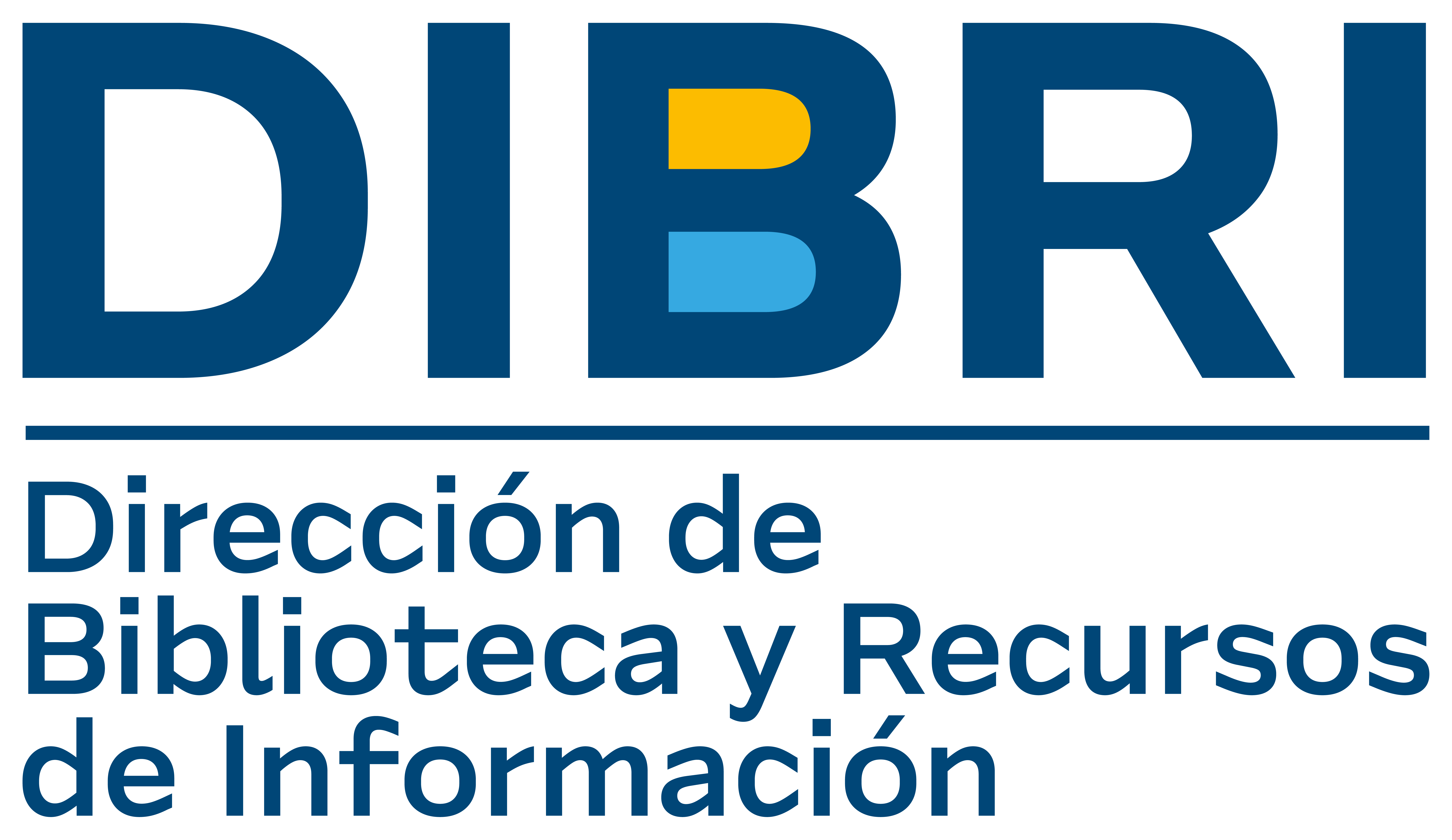Mostrar el registro sencillo del ítem
Factors in the use and non-use of gamification by english teachersin the RM : an exploratory study
| dc.contributor | Olivares, Luis | |
| dc.contributor | Parra, Karen | |
| dc.contributor | Rodríguez, Camila | |
| dc.contributor.advisor | Delicio Garrido, Rosa [prof. guía] | |
| dc.contributor.author | Bustamante, Kevin | |
| dc.date.accessioned | 2022-04-18T14:12:14Z | |
| dc.date.available | 2022-04-18T14:12:14Z | |
| dc.date.issued | 2021 | |
| dc.identifier.other | Biblioteca Central | |
| dc.identifier.other | INGL D353f 2021 | |
| dc.identifier.uri | http://repositorio.ucsh.cl/xmlui/handle/ucsh/2409 | |
| dc.description | Seminario de título (Profesor de Inglés para Educación Básica y Media) -- Universidad Católica Silva Henríquez, 2021 | es |
| dc.description.abstract | In the last few years, due to the pandemic that humanity has faced, online learning has become the alternative for students to continue learning from home. However, emergency remote learninghas affectedthe motivation to participate in classes whichhas declined significantly. Due to the indicated, gamification, which corresponds to the use of game elements in non-game contexts, has appeared as a tool that could help with students’ motivation. Despite this, little is known about the factors that influence the use or lack of use of gamification by teachers in Chile. Using an explanatory sequential mixed method approach, 34 teachers, from various educational sectors, were surveyed and 4 of them were interviewed in order to explore the factors that could lead teachers to use or not use gamification in the classroom. Five main factors of use, an increase in student motivation, students learning actively, students learning while having fun,increasestudents’attention and familiarity with games, were found. Besides,two main factors of non-use, lack of time (to plan, design and implement game mechanics) and lack of resources (understood as materials and training), were found. The results suggest that there is a growing interest on the part of teachers to use game mechanics in the classroom. Moreover, those who have used gamification perceive the benefits of it. However, unfamiliarity with games mechanics or lack of information, added to the lack of time for recreational activities on the part of teachers, discourage them from using game mechanics in the classroom.Keywords: Gamification, factors of use, factors of non-use, teachers, English | es |
| dc.language.iso | en | es |
| dc.publisher | Santiago, Chile: UCSH | es |
| dc.rights | Atribución-NoComercial-SinDerivadas 4.0 Internacional (CC BY-NC-ND 4.0) | |
| dc.rights.uri | https://creativecommons.org/licenses/by-nc-nd/4.0/deed.es | |
| dc.subject | Inglés -- materiales de enseñanza | es |
| dc.subject | Tecnología educativa | es |
| dc.subject | Juegos educativos | es |
| dc.title | Factors in the use and non-use of gamification by english teachersin the RM : an exploratory study | es |



